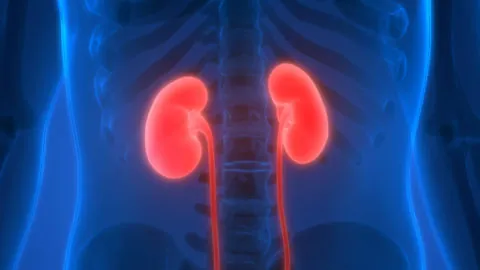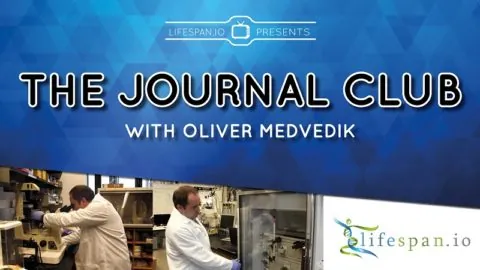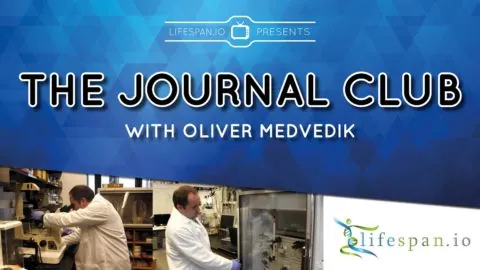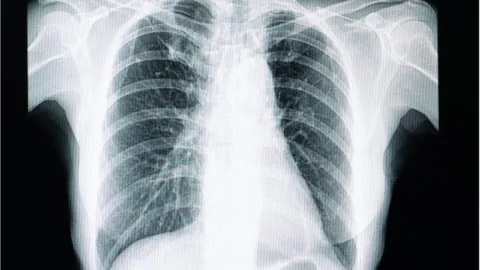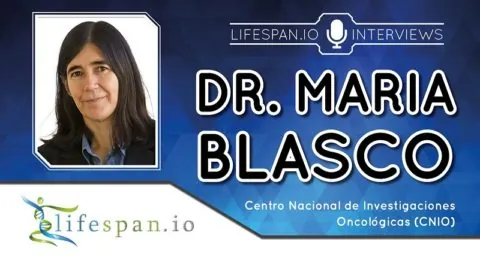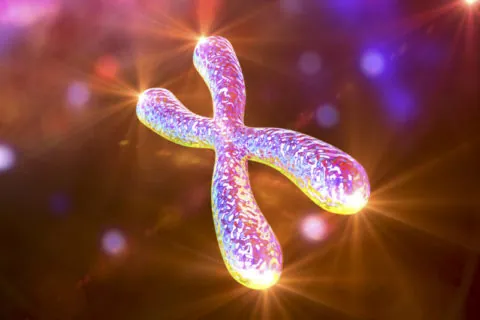March 25, 2021
A team of researchers led by Dr. Maria Blasco of the Spanish National Cancer Research Center has shown that shorter telomeres make mice more susceptible to kidney fibrosis [1]. The new study not only clearly demonstrates this link but also provides mouse models which can be used to study – and perhaps eventually address –...
March 23, 2021
The Journal Club returns live on our Facebook page on Wednesday, March 31, at noon Eastern time. This month, we will be taking a look at a new paper from Dr. Maria Blasco and her team that discusses how short and dysfunctional telomeres sensitize the kidneys to develop fibrosis [1]. Accumulation of short telomeres is...
August 18, 2020
The Journal Club returns August 25th at 13:00 EDT live on our Facebook page where Dr. Oliver Medvedik will be taking a look at the new study by Dr. Maria Blasco from the CNIO, which shows that telomerase therapy can address fibrosis in normally aged mice and not just mouse models of the disease. Abstract...
August 12, 2020
Back in January 2018, researchers at CNIO reversed lung fibrosis in mice using a single gene therapy. Today, we want to spotlight a new study that builds on the positive results of the 2018 research, taking us another step closer to telomerase gene therapy in humans to reverse pulmonary fibrosis. The road to a gene...
July 15, 2019
Our Ending Age-Related Diseases conference in New York is over for this year and has been a huge success. We had the opportunity to interview one of the speakers, Dr. María Blasco, during the conference, and we asked her more about her work with telomeres, telomerase therapy, and aging. Telomere loss is a proposed reason...
August 27, 2018
Researchers have demonstrated that telomerase gene therapy does not increase the risk of cancer, even in strains of mice that are particularly susceptible to cancer [1]. A tale of telomeres Short telomeres trigger cellular senescence and are thought to be one of the primary hallmarks of aging, which has led to various researchers seeking ways...

